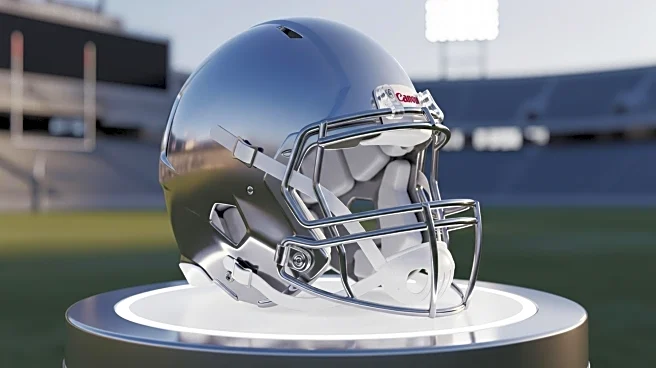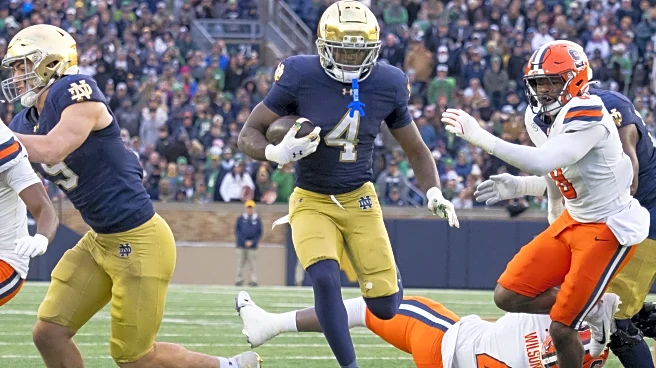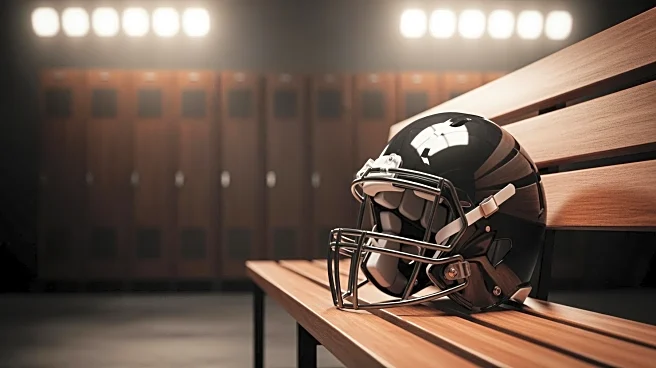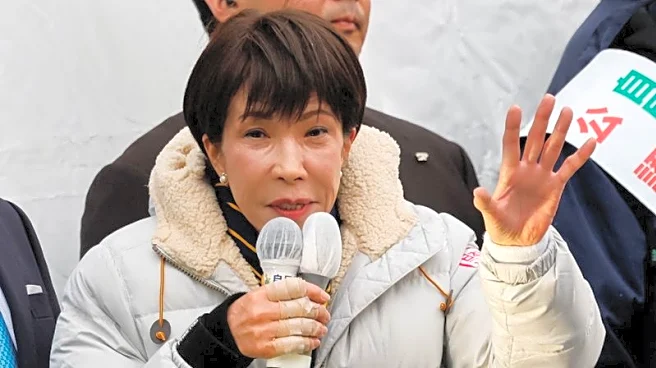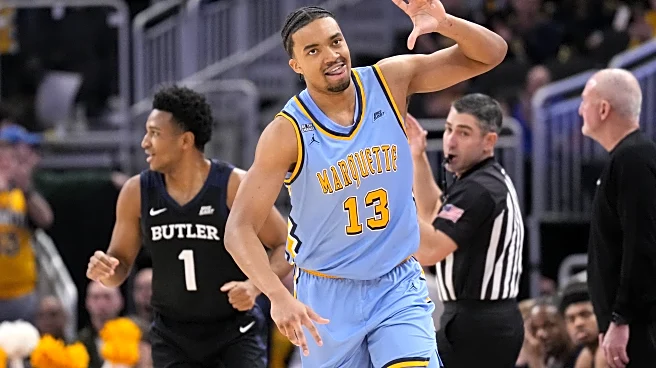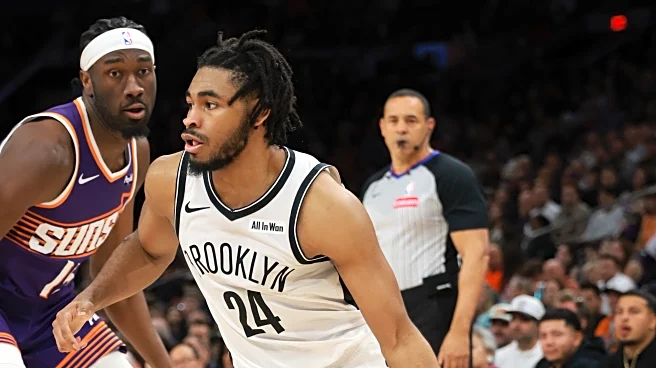What is the story about?
What's Happening?
The New England Patriots are reportedly selling an 8 percent minority stake in the team, valued at $9 billion, to Sixth Street, a global investment firm, and billionaire Dean Metropoulos. Sixth Street is expected to acquire 3 percent of the team, while Metropoulos will fund 5 percent. Despite the sale, the Kraft family will retain 90 percent ownership of the franchise. This move follows a trend of minority ownership deals in the NFL, with similar transactions occurring with the New York Giants and San Francisco 49ers earlier this year. The Patriots plan to reinvest the proceeds into the franchise.
Why It's Important?
The sale of a minority stake in the Patriots highlights the increasing value of NFL franchises, with team valuations soaring in recent years. This transaction allows the Kraft family to capitalize on the franchise's appreciation without relinquishing control. The influx of capital could be used for player contracts or stadium renovations, potentially enhancing the team's competitive edge. The deal also reflects the growing involvement of private equity in sports, providing financial flexibility to team owners. This trend may influence other NFL teams to consider similar transactions, impacting the league's financial landscape.
What's Next?
The proposed sale is subject to approval by NFL team owners at upcoming league meetings in October. If approved, it would mark one of the highest valuations for an NFL team, second only to the New York Giants' recent minority stake sale. The Patriots are expected to use the capital for strategic investments, possibly including long-term player contracts or further stadium enhancements. The involvement of Sixth Street and Metropoulos may also lead to increased collaboration and investment opportunities within the sports industry.
Beyond the Headlines
The sale underscores the evolving dynamics of sports franchise ownership, with private equity firms playing a more significant role. This shift may lead to changes in how teams are managed and financed, potentially affecting player salaries and team operations. Additionally, the transaction highlights the economic resilience of the sports industry, with NFL teams maintaining high valuations despite broader economic challenges. The deal could also influence other professional sports leagues to adopt similar ownership models, reshaping the landscape of sports investments.
